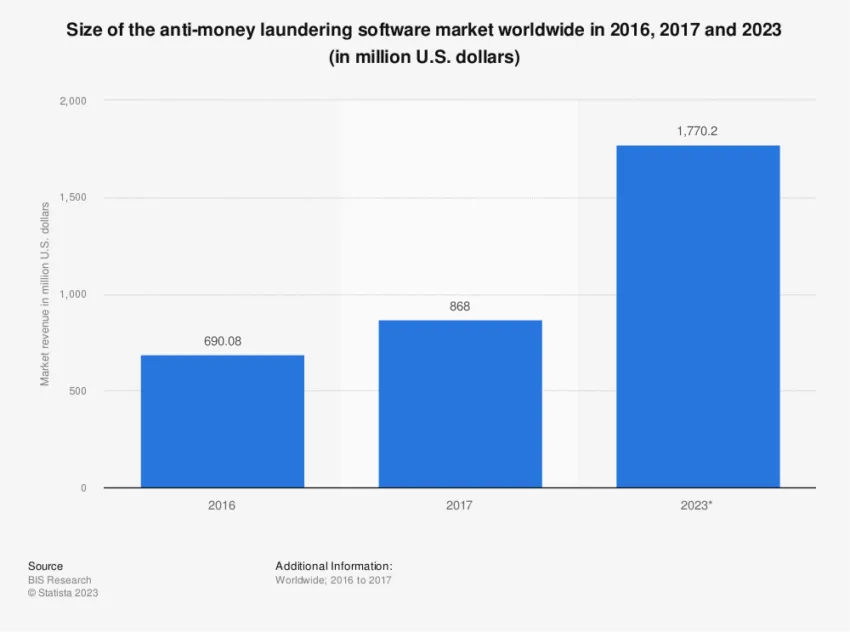Cryptocurrency traders have found a loophole to access restricted platforms: Palau’s digital residency.
In this Pacific Island nation, better known for its scuba diving than its tech advancements, a year-long digital residency can be obtained for just $248.
The Holy Grail in Digital Residency
Cryptocurrencies and their associated exchanges are subject to regulatory oversight worldwide. For this reason, trading platforms like Binance are banned in the United States, Canada, and China due to a lack of operating licenses.
However, an innovative program launched by the Palau government in early 2022 may provide a controversial workaround.
While Binance is not permitted to operate within US borders, it allegedly has about 2,000 users registered with a Palauan ID. But the question remains, does the Palauan digital residency promote unlawful circumvention of regulatory policies, or is it merely an unintended consequence?
Palau’s digital residency technology, RNS, provides a digital and physical identity card after undergoing an approval process that includes anti-money laundering checks. This residency does not confer citizenship or passport rights but allows identity verification for a wide range of businesses.
The Loophole for Crypto Traders
Interestingly, much of the conversation surrounding Palau’s program focuses on crypto. By possessing an ID outside their home country, crypto traders obscure their residency. Subsequently, accessing restricted exchanges and high-risk investment products.
Crypto exchanges often necessitate government-issued photo identification for access, rendering Palau’s digital residency a tantalizing proposition for eager crypto traders.
However, the government of Palau and the RNS platform both deny endorsing any activity that circumvents the law.

Jay Anson, the program’s director at Palau’s finance ministry, emphasizes the government’s lack of control over how an individual uses the ID card. RNS reiterates its commitment to legal compliance and reportedly curtails applications that could potentially contravene regulations in restricted nations.
“We are not encouraging people to falsify their physical residence or circumvent laws,” said Anson.
Despite these reassurances, crypto traders have shared experiences using their Palau ID to access banned exchanges on social media. The conflicting testimonies from exchanges such as Huobi, Kraken, and Crypto.com regarding accepting Palauan ID for identity checks further muddy the waters.
Amid this digital identity controversy, Binance has come under legal scrutiny. US authorities allege the company intentionally maintained loopholes for American users to bypass identity checks.
“I believe the Digital ID/Digital Residency Program is a very innovative one; a very symbolic and meaningful one,” said Changpeng Zhao, Binance CEO, in a press release in June 2022.
Even though Binance contends it has reformed and committed to compliance, allegations persist.


 By
By
 By
By
 By
By
 By
By
 By
By